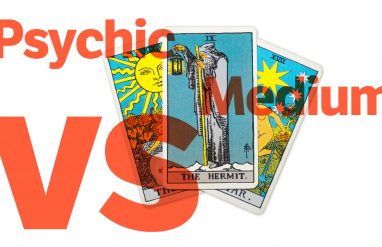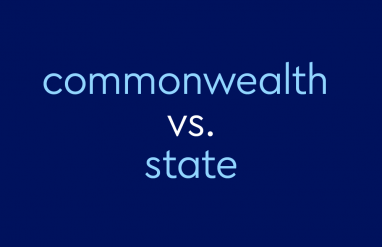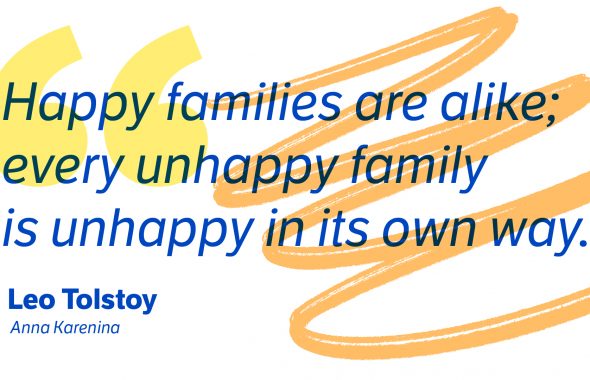If you’re in the business of defining and explaining words (which we are), it’s important to know the difference between denotation and connotation. These two terms are easy to confuse because they refer to related concepts. And every word can have both denotation and connotation. So what do they mean?
In this article, we’ll explain the difference, give you tips for how to remember it, and provide examples of what both words refer to.
⚡ Quick summary
The denotation of a word or expression is its direct meaning. Its connotation consists of the ideas or meanings associated with it or suggested by it. For example, the word homework refers to schoolwork done outside of school—that’s its denotation. For many people, the word has a negative connotation—meaning that the word itself gives them a bad feeling associated with the experience of having to do homework when they’d rather be doing something else.
What is the difference between denotation and connotation?
The denotation of a word or expression is its explicit or direct meaning, as distinguished from the ideas or meanings associated with it or suggested by it. Simply put, a word’s denotation is what that word means or directly represents.
The meaning of denotation becomes more clear when it’s contrasted with connotation. When someone refers to a word’s connotation, they’re referring to what it implies or suggests—or to the secondary meanings or implications that are associated with it.
The word connotation is commonly used in the phrases positive connotation and negative connotation. That’s because people associate good or bad things with a lot of words.
Let’s illustrate the difference with a simple example.
For example, the word home refers to the place where you live—it could be a house, an apartment, etc. This is the word’s denotation. For many people, the word home has a positive connotation—it’s associated with safety, comfort, and a sense of belonging. These associations and implications make up the word’s connotation.
What’s with the sinister connotation with being left-handed?
The connotation of a word depends on cultural context and personal associations, but the denotation of a word is its standardized meaning within the language. Another way to think about it is that a word’s denotation is the same or about the same for most people. When you say “bicycle,” other English speakers generally know what you’re talking about. Some may picture a mountain bike while others picture a road bike, but they’re thinking about the same general thing. While a word’s connotation may be widely shared, different words often have different connotations for different people.
Both denotation and connotation stem from the Latin word notāre, meaning “to note.”
One way to remember the difference between the terms is to take a hint from how they begin. The con- in connotation comes from a Latin term meaning “together” or “with,” reminding us that the connotation of a word works with or alongside its primary, explicit meaning—its denotation.
denotative vs. connotative
The words denotative and connotative are the adjective forms of denotation and connotation. They’re used in the same context—to describe words or meanings. For example, describing a word as connotative means that it suggests more than its straightforward meaning. All words are denotative, and any word can be connotative if it has particular associations for a person.
denote vs. connote
The verb denote means “to indicate” (as in A fever often denotes an infection) or “to mean” (as in What is this supposed to denote?).
Connote means “to signify or suggest (certain meanings, ideas, etc.) in addition to the explicit or primary meaning.”














